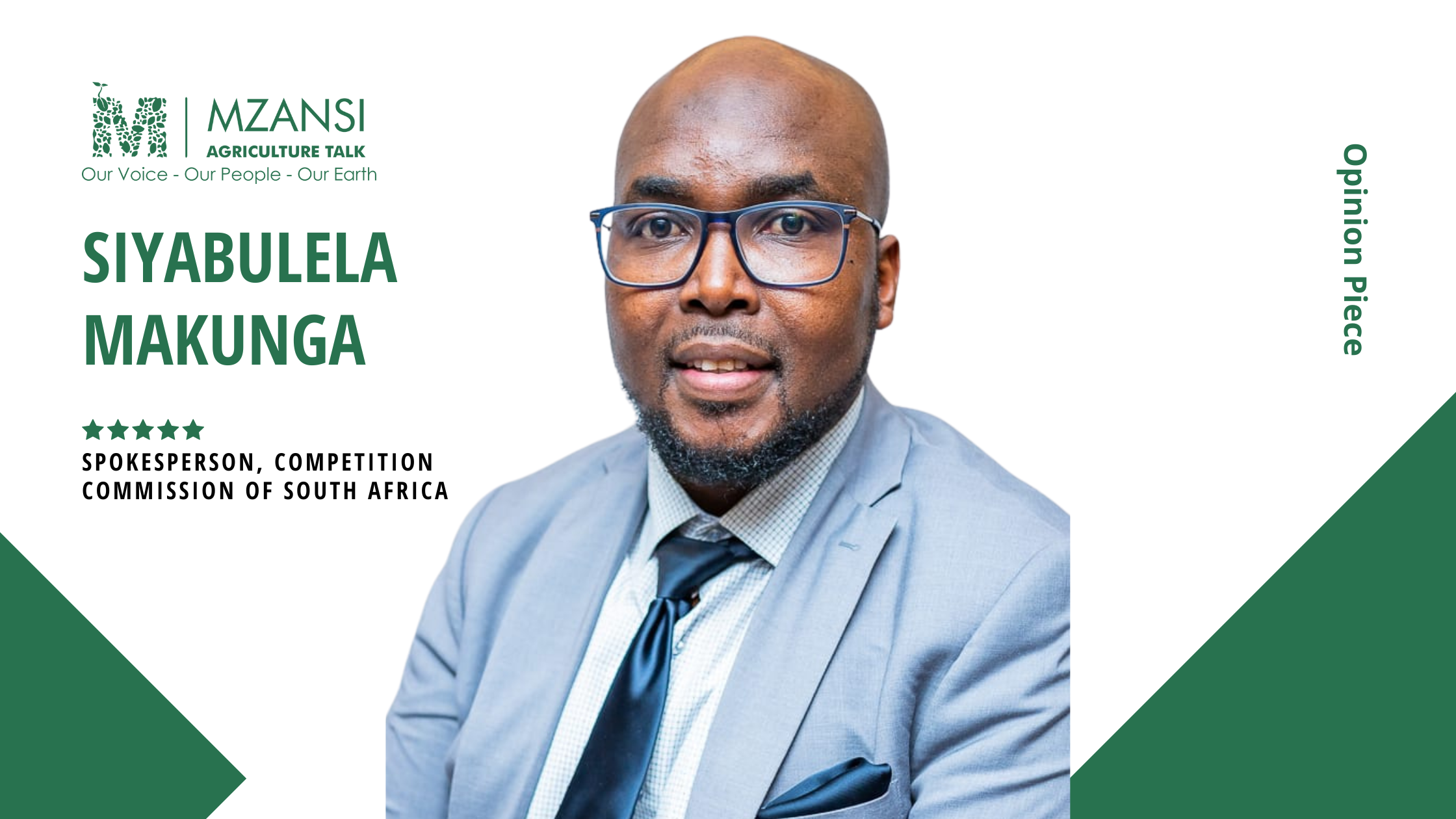While more needs to be done, South Africa is on track in creating an inclusive and deconcentrated economy.
2024 marks 30 years of South Africa’s democracy. This momentous chapter coincides with 25 years since the establishment of the country’s Competition Authorities (Competition Commission, Competition Tribunal and Competition Appeal Court). Their establishment is an economic transformation milestone on South Africa’s path to address the economic imbalances of the apartheid regime.
That aspirational transformative intent was endorsed by the Constitutional Court in the Mediclinic case in 2022 when the court stated:
“Colonialism, neo-colonialism and apartheid orchestrated an institutionalised of ownership and control of all things of consequence in our national economy along racial lines. Unsurprisingly, the commanding heights of the corporate sector are seemingly the exclusive terrain of our white compatriots. It is this indisputable reality and our shared commitment to ensuring that South Africa really does get to belong to all who live in it, that the constitutional imperatives, laid out in the Preamble, to improve the quality of life of all citizens and free the potential of each are realised, that the likes of the Competition Act had to and got to see the light of day.”
Alongside different industries and other social partners, the Competition Authorities have worked tirelessly to create an inclusive and deconcentrated economy.
Notable strides have been made in opening markets and ensuring greater economic participation of historically disadvantaged persons (HDPs). This includes a stake in ownership for 240 workers worth R58 billion; R4 billion committed to supplier development funds; R150 billion in equity transactions involving historically disadvantaged investors; and procurement conditions worth R17 billion. Coincidentally, these are the four figures that Competition Commissioner Doris Tshepe mentioned during a panel discussion at the Black Business Annual Summit recently held in Sandtion, Johannesburg.
Commissioner Doris Tshepe argued that “these figures demonstrate a slow but impressive progression towards a deconcentrated and inclusive economy, but more needs to be done.”
What more needs to be done?
Firstly, we need bolder economic policies that harness inclusive and meaningful participation of the HDPs in the mainstream of the economy. This is because we inherited an economy that was concentrated and excluded the majority of this country’s citizens.
Commissioner Tshepe also reminds us that post-apartheid there was a major overhaul of policies and laws that sought to address this inequality and the Competition Act is no different. At the time the Competition Act was largely modelled on global best practices and recognised that the type of inherited economy meant its purpose was to provide regulatory oversight that would enable all South Africans to have an equal opportunity to participate in the economy.
“Further, it sought to provide greater inclusivity with a broader objective of creating opportunities for black-owned businesses. Some success around inclusive growth followed but a research study by the Competition Commission (“Commission”) and its subsequent Economy Concentration Report Tracker, published in 2021, identified that across 178 industries the market remained stubbornly untransformed Over the last 30 years this country has been on a journey seeking to open economic doors to the majority of its citizens. When reflecting on policy and the policy journey of competition law, it became clear that a law informed by global practice was ill-equipped to address the concerns of South Africa’s inherited economy. We needed to be bolder in our economic policies. Therefore, the amendments to the Competition Act in 2019 sought to bring about more ambitious change,” she said.
What is the Competition Commission’s policy approach?
The Commission is continuing its policy journey and executing its constitutional mandate by placing a strong emphasis on public interest as a more active intervention to bring about an inclusive economy. Our approach to the promotion of worker ownership is broadly set out in the final public interest guidelines that the Commission published on 20 March 2024. In the guidelines we place the worker ownership provision within its proper historical context, namely that due to the economic segregation of the past which left South African workers disenfranchised, the economy must be open to greater ownership by a greater number of South Africans.
Initially there was a lot of pushback with regards to the public interest provisions, particularly around employment and worker share ownership. The aforementioned figures illustrate that promoting worker share ownership has however been deployed as an effective tool for inclusive economic growth. In addition, stipulating that mergers should not be used as a reason to retrench workers has saved countless jobs in these difficult economic times. The Commission remains committed to its open-door policy and transparent engagements about its public interest mandate. Relentlessly, we encourage merger parties to consider creative solutions to how they can be a part of creating a more inclusive and growing economy that supports worker share ownership and prioritises saving jobs.
What else can be done?
The Commission envisions a collaborative effort and more partnerships between regulators, departments, business, and the private sector are required. The Commission values the continued support and collaboration with the private and public sector, as we cannot stand alone in our shared objectives of creating an inclusive and competitive economic landscape. We know global blueprints might not suite our unique challenges and the African spirit of ubuntu where we coordinate better and don’t always rely on self-regulation are vital. For example, the Commission’s findings in the digital markets should go hand-in-hand with funding opportunities being made available by government departments. These collective efforts ensure inclusivity happens at all sectors of the economy.
What to look forward to?
The Commission has embarked on a drive to engage with stakeholders in different sectors ranging from the automotive and milk producer industries to educational institutions and the media industry. This stakeholder engagement is one small albeit important step to facilitating a holistic partnership that will foster robust discussions and efforts towards an inclusive and growing economy for all.




















